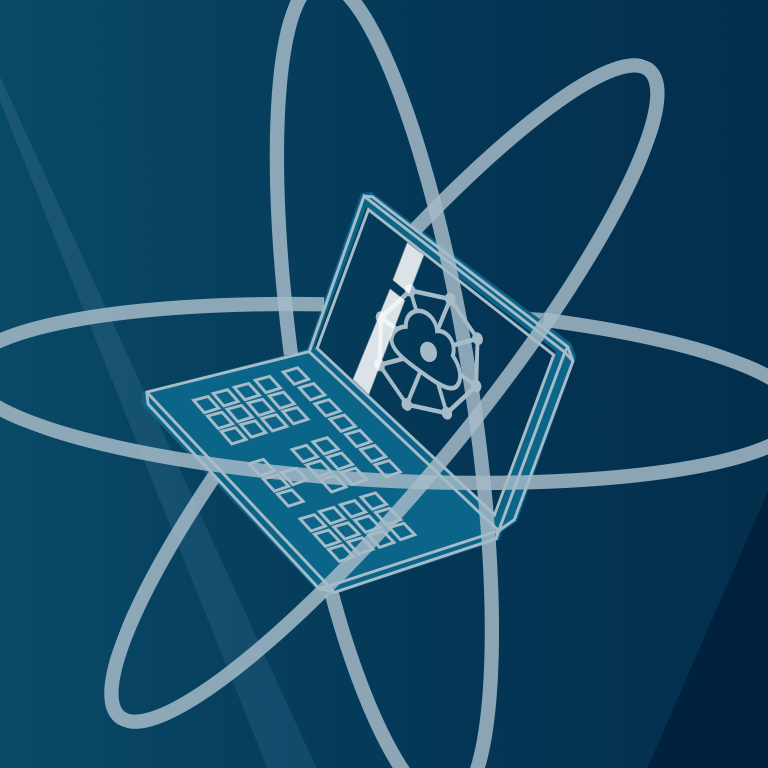Become a battery expert bit by bit - with the ELLB Battery Data Scientist training course!
With the help of digitalization, you can efficiently improve your production, thereby saving costs and emissions. After this course, you can select and use the right technology for your field of application and use your data effectively.
At Fraunhofer FFB, digital twins are integrated into project planning right from the start: Factory planning, building management, production control, and product optimization - all aspects of battery cell production are realized physically and digitally. Benefit from our strong application focus.

